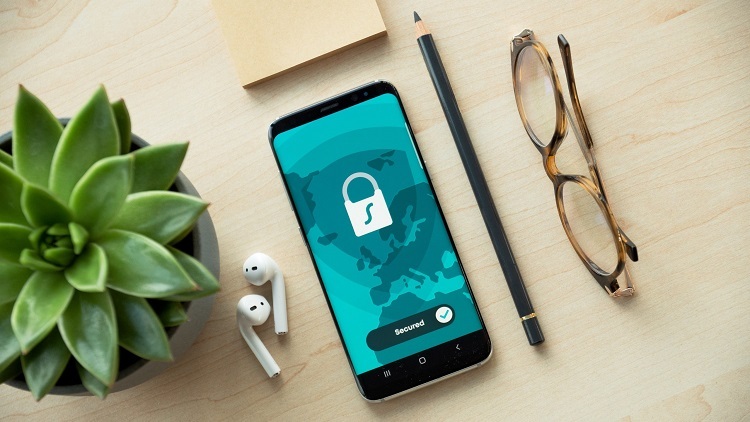Regarding our mobile devices, we often store a lot of sensitive information. Our contact lists, emails, text messages, and even pictures can contain personal details that we wouldn’t want falling into the wrong hands. That’s why protecting your user information on a mobile phone is important. Below, we have compiled a list of 5 legal tips to help you do just that.
Table of Contents
1. Use a Passcode
A simple passcode can go a long way in protecting your user information. By setting a passcode, you can ensure that only those who know the code will have access to your device and its contents. If you’re worried about forgetting your passcode, you can always set up a fingerprint or facial recognition lock. This way, only you can unlock your phone and access your information. A password manager can also help by creating and storing strong passwords for all of your online accounts.
2. Keep Your Software Up To Date
One of the best ways to protect your user information is to keep your mobile device’s software current. By running the latest operating system version, you can discover any weaknesses in security that might have occurred. It’s also a good idea to update any apps installed on your device. These updates often include new security features and bug fixes that can help keep your information safe.
3. Use Security Features
Most mobile devices have built-in security features that can help protect your user information. For example, many phones now have the option to encrypt their storage. This means that in the unlikely event that someone does manage to receive access to your phone, the person will not be able to read any of the information kept on it.
4. Be Careful about What You Install
Another way to protect your user information is to be careful about what you install on your mobile device—only download apps from trusted sources, such as the official app store for your operating system. Avoid downloading apps from third-party websites, as these can often contain malware that can put your information at risk.
When you do install an app, please take a moment to read through the permissions it is asking for. If an app seems to be asking for more information than it needs, it might be best to avoid installing it.
5. Know How to Factory Reset
If your mobile device does fall into the wrong hands, it’s important to know how to factory reset it. This will erase all the data stored on your device, including any sensitive information you might not want someone else to access.
Before you sell or recycle your old mobile device, be sure to perform a factory reset. You should also consider encrypting your device’s storage before you do so. That way, even if someone does manage to get their hands on your old phone, they won’t be able to access any of your personal information.
By following the tips above, you can help protect your user information on a mobile phone. While no security measure is perfect, taking these steps can significantly reduce the risk of your information falling into the wrong hands. If your information does fall into the wrong hands, it’s best to contact an attorney who can help you figure out the best legal action to take.

